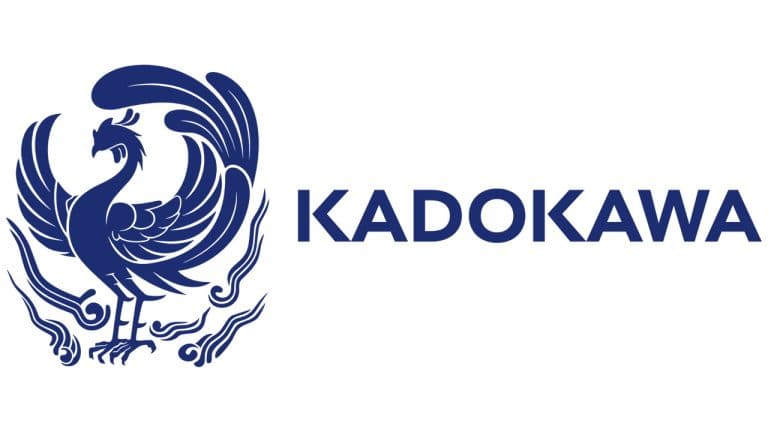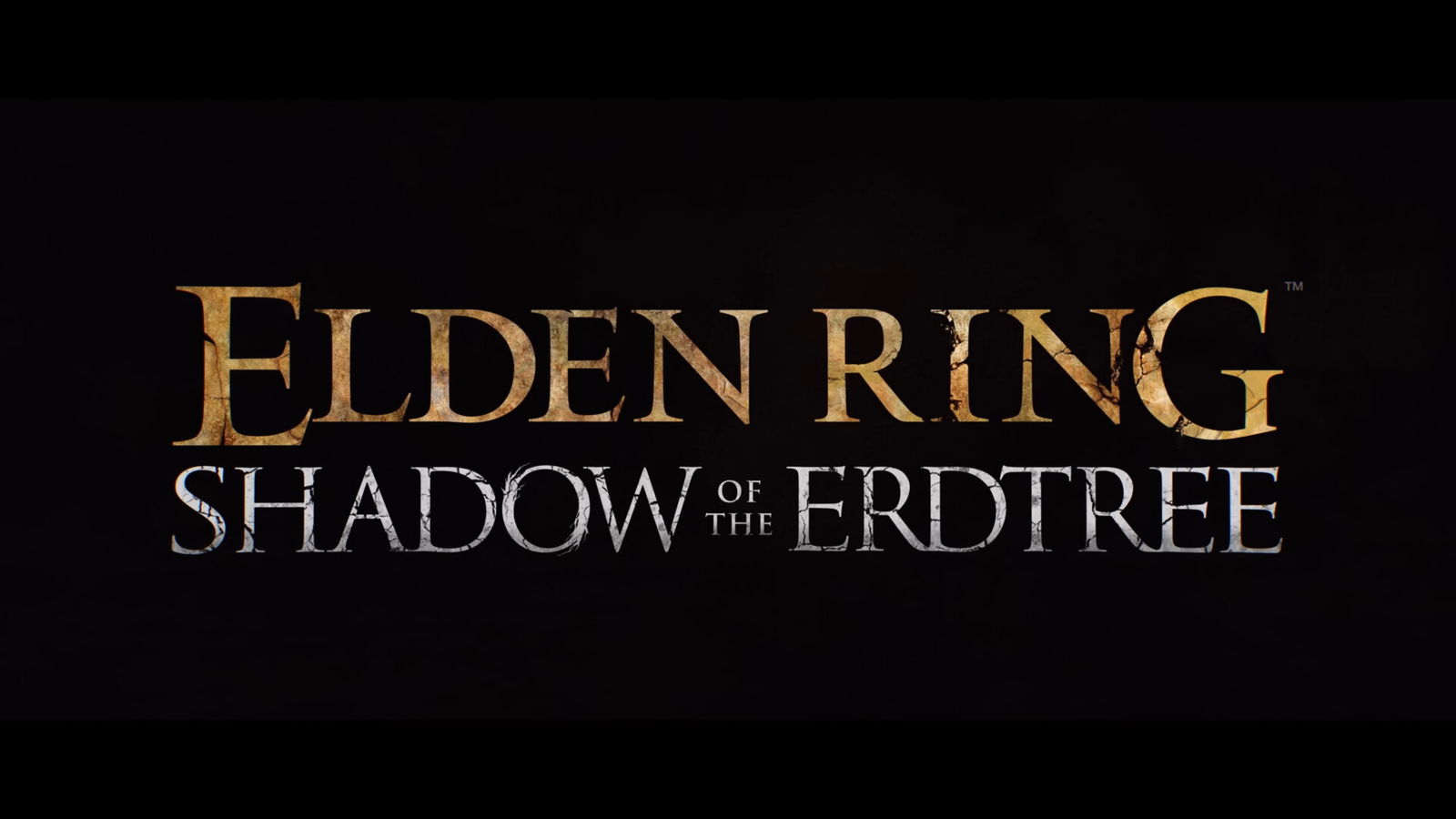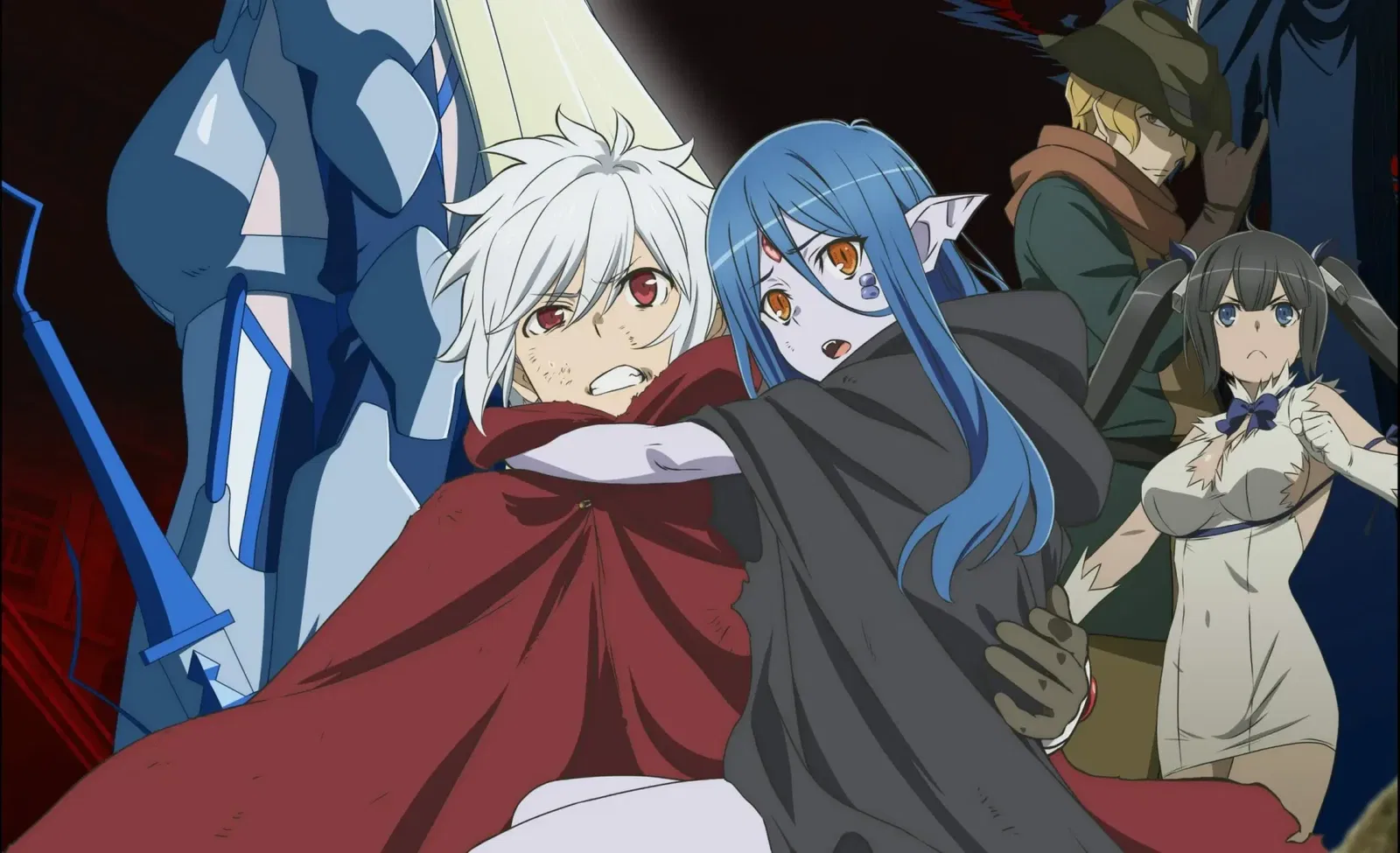Fuck! That’s the only word that comes to mind after I entered Discord this morning and was greeted with, “Good morning! Just drinking coffee and reading the news. Just saw an interesting one that I’m sure Keith will wanna write about, so I’ll leave it.” Of course, my curiosity was piqued. A quick internet search later, I found what they were referring to: reports of Sony potentially taking over or acquiring Kadokawa Corporation.
For those unfamiliar, Kadokawa is the parent company of FromSoftware, but its reach extends far beyond gaming. Owning Kadokawa would give Sony an unprecedented hold over the anime, manga, and light novel industry
Update: Kadokawa has confirmed that it has acknowledged the letter of intent to acquire the company’s shares, but has not decided as of yet whether to sell them or not.
Why Would Sony Want Kadokawa?
The answer is both simple and complex.
First, acquiring Kadokawa would mean Sony gains control of FromSoftware. Imagine any upcoming title from the legendary Japanese developer being locked to PlayStation consoles—no Xbox versions, and possibly no PC releases either. This is a stark contrast to Microsoft’s cross-platform approach.
Keep in mind that FromSoft is rumored to have around 20 projects in development, including a Dark Souls 3 Remaster and a new sci-fi title. This is the studio that gave us Demon’s Souls, Dark Souls, Armored Core, and Elden Ring. Let’s not forget about Spike Chunsoft, and Acquire, who is another big deal as they developed Mario and Luigi Brothership.
All of that could become PlayStation-exclusive unless Sony adopts a more flexible strategy like it claims to have with Bungie. I say claim, as Sony has stated that Bungie is an independent company, but after the more recent misfortunes of Bungie, Sony has absorbed talent in the PlayStation teams. Could we eventually see Bunigie disappear completely if it fails to perform? It’s quite possible.
Let’s not forget about Bandai Namco, who publishes pretty much all of Fromsoft’s titles in North America. Unless PlayStation decides to keep dealing with the publisher instead of dealing with publishing itself, that’s going to be a massive hurt on Bandai Namco’s side as well. While Bandai Namco owns the Dark Souls IP, it’s Fromsoftware that develops the game and both companies have a relationship. If Sony steps in and acquires Fromsoft as part of the deal, this could spell trouble for Bandai Namco.
Second, the anime and manga sector. Kadokawa’s influence in this space is massive, and Sony already dominates Western anime distribution through Crunchyroll and Aniplex. Remember, Sony also owned Funimation, which it merged into Crunchyroll. Acquiring Kadokawa would grant Sony even greater control over anime and manga, bolstering its already formidable grip on the industry.
Here are just a few of the anime Kadokawa is involved with as a producer, publisher, or distributor:
- The Rising of the Shield Hero
- Konosuba: God’s Blessing on This Wonderful World!
- Overlord
- No Game No Life
- Made in Abyss
- Is It Wrong to Try to Pick Up Girls in a Dungeon? (DanMachi)
- Log Horizon
- The Saga of Tanya the Evil
- Gantz
- Your Lie in April
- Angel Beats!
- A Certain Magical Index / A Certain Scientific Railgun
- High School of the Dead
That’s not to mention that Kadokawa also owns Yen Press, the 2nd-largest manga distributor in the US behind the Shueisha-owned VIZ Media, IZE Press, their Korean Manhwa imprint, J-Novel Club, their U.S. light novel imprint, and Book Walker, an online service for finding manga and light novels.
Let’s also not forget that Kadokawa also owns AnimeNewsNetwork, a website dedicated to covering anime, manga, video games, and more. I don’t think that Sony owning its own website that covers and reports all of the mentioned would be a good idea. Can you imagine a Sony-owned website covering Sony content and possibly reviewing it? Conflict of interest comes to mind.
Is There a Cause for Concern?
But how would Sony handle such a massive acquisition? The company’s track record with past acquisitions raises concerns. Would Kadokawa be mismanaged or stifled under Sony’s control? I hope not. But I’m also exhausted by this relentless wave of acquisitions in gaming and anime. It feels like no one wants to build their library the traditional way anymore—they just buy their way to dominance.
The video games industry has already seen its fair share of acquisitions, from both Sony and Microsoft, and in the end, those acquisitions didn’t turn out well for the companies that were acquired, or the people who enjoyed the content that those companies created. And that’s the fear here. If this goes through, what are we going to see happen to Kadokawa?
We’ll have to wait and see how this unfolds in the coming weeks.




